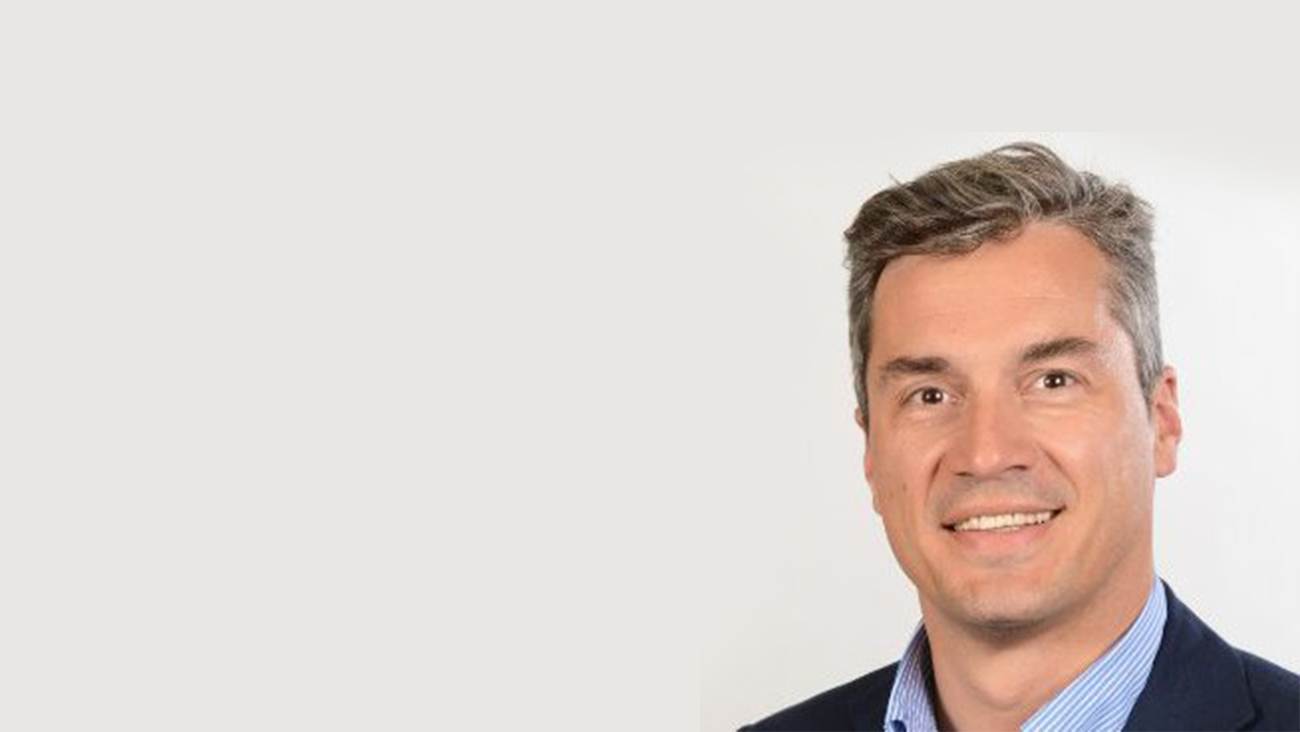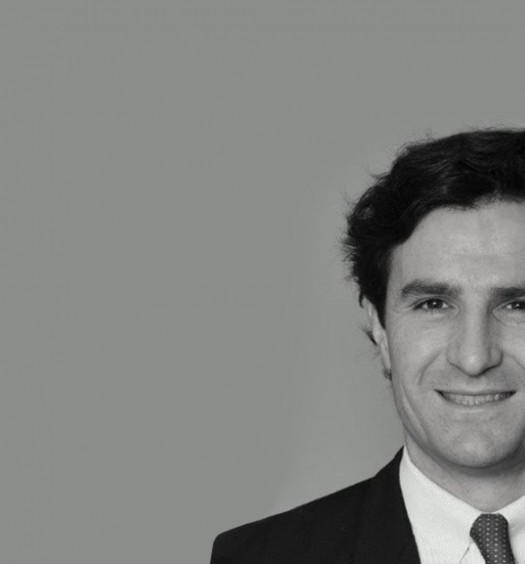Initially a successful entrepreneur in pharmaceutical trading, Cyrille Jannet subsequently spent 11 years working for ECOM, starting out as a junior trader before rising through the ranks to become the company’s Head of Trading in Mexico. In 2010, he moved to United Coffee (later taken over by UCC) where he worked as a senior buyer and then Group Director. Since 2015, he has been with Keurig, which was recently acquired by JAB, and currently heads up the new buying office in Lausanne, Switzerland. With 7 factories in North America (US & Canada) and more than 70 brands, this leading US company trades nearly 2 million bags of coffee every year.
#1-What is the best moment you can remember in your career?
For me, the best moments are when I’m on the ground, working directly with our coffee farmers – talking, sharing ideas and organising tasting competitions in South America’s unique and breathtaking cloud forest nature reserves. These meetings revolve around the qualities of the product and are always powerful and enriching experiences. In coffee we have the luxury of an extraordinary diversity in sourcing from more than 29 countries around the Ecuador, all of them with a very strong cultural identity. Trading coffee is more about the people, its habits and direct relationships than anything else. Let’s not forget that the biggest majority of coffee farmers are very small holders (less than 2 hectares), surviving in tough conditions facing a whole spectrum of risks such as climate change, cost of living, low productivity, market volatility, migration, poor access to microcredits, inefficient local politics etc… Coffee as an industry depends and has a direct impact on 25 million people. The humanity of this business is vital and generates a strong sense of responsibility and accountability across the supply chain. Generally speaking, I like the human dimension of this industry. The coffee business is unusual in that your word is still very much your bond. Contracts are there to keep the lawyers happy, but the business is really based on trust, which you can only earn by being there on the ground for the long term.
#2-If you had to give just one piece of advice to a junior starting his/her career, what would it be?
Although junior staff do need to gain solid experience of risk management and futures, they mustn’t lose sight of what they are trading or where it comes from, so it’s important to get experience working on the ground. Seize any opportunity offered by your company to travel and visit the places where commodities are produced. This is absolutely crucial to understanding an industry’s values, ethics and integrity. It’s not enough to simply stay tucked away behind a screen. In the coffee business, you have to understand your producers. It’s a small world…
#3-Do you have a Motto/Lucky charm?
Best definition of coffee is from Talleyrand: “Black as the devil, hot as hell, pure as an angel, sweet as love.”
In today’s world, my motto would be: integrity, fairness, humility and passion. You never know what the future might bring: a customer can become a colleague and a colleague your best competitor, this is small community. You have to be honest and show integrity – if you stick to your values, you’ll always land on your feet. It’s a matter of values and principles. Reputation is everything in the world of coffee.
#4-What do you enjoy the most in your day to day job?
One of my favourite task is the tasting sessions we hold every morning in our certified SCAA campus lab. Such a bless to start the day with a sensory trip in Indonesia, Colombia, Ethiopia or Nicaragua… Every cup deserves its best attention and fair evaluation.They’re very special moments where the producers and team can get together – I enjoy them even more than the opening and closing of the markets.
These sessions are an opportunity to reflect on the intrinsic qualities of coffee and there’s a strict etiquette that has to be followed, based on coffee quality institute protocols. It’s also one of the few times in the day when you can start a process and see it through to the end. We can then continue the sensory experience by having a nice and unique k-cup in the typical american way: smooth and light, rich and juicy.
#5-If you had to do it again would you choose the same career path?
Definitely! I would do exactly the same.
I have been very lucky in meeting extraordinary coffee people who share their knowledge and passion about coffee in all its dimensions (human, production, trading and risk management).
When I think about my role today, it strikes me that the various jobs I’ve had in the past have been very complementary, from working in import/export to being a buyer and now head of a buying office.
My time in Mexico deserves a special mention as it made a real contribution to my career development. This is where I learned everything about coffee quality, coffee growing and dealing directly with coffee farmers. Now based in Lausanne, I travel as much as possible to the main growing countries, exploring new areas and rediscovering every year the beauty of unique crops. Like in wine, every crop is a new adventure. We also have may different conferences in origin countries that are key to attend for networking and understanding the reality of the ground. Our world is changing fastly on both the supply and demand side, and we must be aware and nimble. Acting as a vice president of the Swiss coffee trade association (SCTA) is another vehicle to remain active in our growing Swiss community.
#6-Where is your favourite place on earth and why?
Stunning sunset, during the rainy season, enjoying a freshly brewed cup of organic coffee in a finca (coffee plantation) located in one of the latest cloud forest called biosphera del triunfo, in the state of Chiapas, Mexico. Endless discussions about the meaning of life, and the taste of… coffee ! Priceless..
#7-How could you qualify your relationship with Ampersand World?
We have an excellent relationship that has grown over the years.
I really appreciate Ampersand World’s focus on networking, through not only the various events they organise, but also their newsletters and efforts to connect people in Geneva and further afield.
I’ve also had some great feedback on their workshops and training courses.















